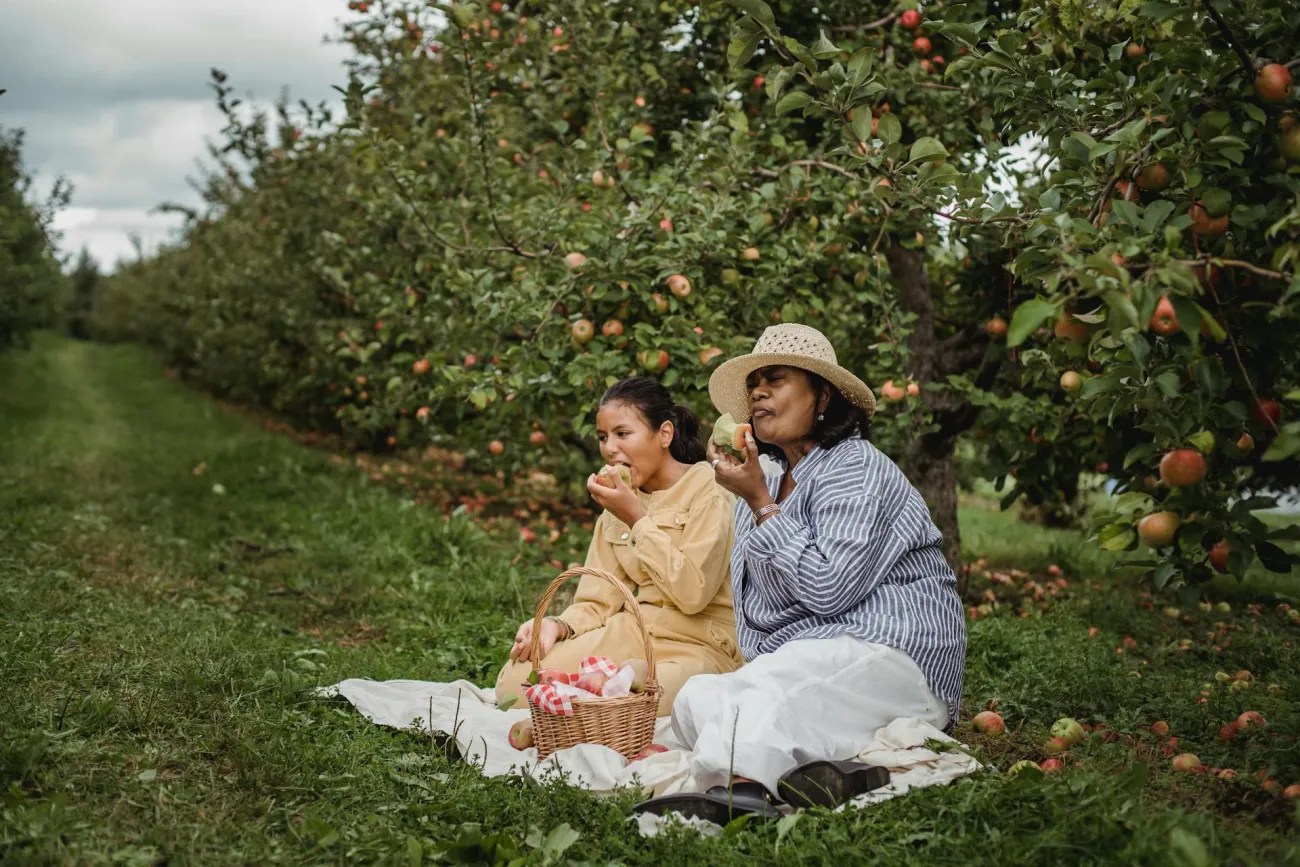Where does the cultural power of protein come from? This paper has tried to answer this question by looking at history — especially the history of nutritional science, and certain episodes in that history in particular. This has led to one set of answers. Protein inherited its meanings from meat (associated with masculinity and strength) and from milk (associated with motherhood and nurturing) — in both cases foodstuffs that happened to form a larger part of the diets of colonisers than those of many colonised peoples. Conflicts around race and empire, national culture and tradition, added to the already great symbolic value of these foods. Nutritional scientists were as much products of their cultural contexts as anyone else, and these implicit beliefs about foodstuffs channelled their work towards conclusions about the nutrients that made those foodstuffs up. The shift towards nutritionist thinking, whereby nutrients usurped the place of foods in first scientific and then public discussion of diet,234 facilitated this accrual of disparate meanings into protein.
This was not the only way this question could have been explored, and far from the only set of answers. Meat has deep symbolic significance in religions the world over, connecting it (and thereby connecting protein) to meanings around sacrifice, purity and impurity. There is a deep history of religious symbolism attached to milk, too, especially in the cultures of Europe, the Middle East and South Asia; rituals using milk, icons showing dairying, and religious textual references to milk are found in ancient Mesopotamian, Egyptian, Hebrew, Greek, Roman, and Norse sources, and in Jewish, Christian and Hindu texts.235, 236 An association between meat and wealth and success is by no means unique to Western European cultures, and this links meat (and thereby protein) to celebration, generosity, cultural identity and pride. Animal agriculture shapes the landscapes with which many of us are intimately familiar, and so leads us to associate meat and dairy (and so protein) with pastoral beauty, nature, tradition. Beliefs about motherhood and milk, controversies around bottle feeding and infant formula played a bigger role than could be covered here, in the stories from Justus Liebig to Cicely Williams and the Protein Fiasco.237
The story of the ‘discovery’ of protein told here could also have been told as the construction of the macronutrients — the triumvirate of fat, carbohydrate and protein which emerged in part from Liebig’s theories of biochemistry, as well as work by Carl Schmidt and earlier William Prout.238 In the words of Michael Pollan, “the history of modern nutritionism has been a history of macronutrients at war,”239 and one frame in which to understand the waxing and waning of protein enthusiasm is through the tides of this war. The successive demonisation of fat and carbohydrate in the dieting culture of the last half century may have created a default valorisation of protein; in this frame, the current focus on protein might have as much to do with a decades-long cycle of interest in the other two macronutrients as it has to do with the cultural history of (high-)protein (foods).
Nevertheless, there are specifics in the stories told here with particular resonance and relevance for the modern day. In the current cultural enthusiasm for protein we can see a reverence for certain kinds of muscular bodies240 reminiscent of discourses about meat, protein and strength in the late 19th century. In the explosion of new sources of protein and meat substitutes (plant-based burgers, cultured meat and milk, plans to “make protein from air”241) there are inescapable echoes of the techno-protein projects of the 1960s as well as the entrepreneurial scientists of the 19th century. Discussion of ‘protein transitions’ and the idea that increasing meat consumption in the developing world is an inevitability which will undermine our attempts to address global warming resemble mid-century fears about our ability to feed the growing world population. Over and again throughout this history, scientific theories and terminology have influenced society long after the evidence for them has changed.
These stories, then, not only tell us what factors feed our sense that protein is important, but contain a warning that it may be exaggerated. There is no denying that protein plays a crucial role in our lives. It is an essential nutrient, and changing the way we consume and produce protein may represent vital parts of the solution to the environmental crises of our age. Just as a ‘charismatic nutrient’ can draw a hyperbolic focus, the backlash when the fashion changes can cause us to miss new evidence about the old favourite: nutritional historian Richard Semba has argued that something like this happened with protein in the 1990s, allowing worrying new findings on protein malnutrition to escape the notice of policy makers.242 Our goal must be to engage with these topics in a balanced way that enables us to respond to the full, complex picture of the evidence. In order to do this we must be cognisant of the power of protein — where that power comes from, and why we have bestowed it.





Comments (0)